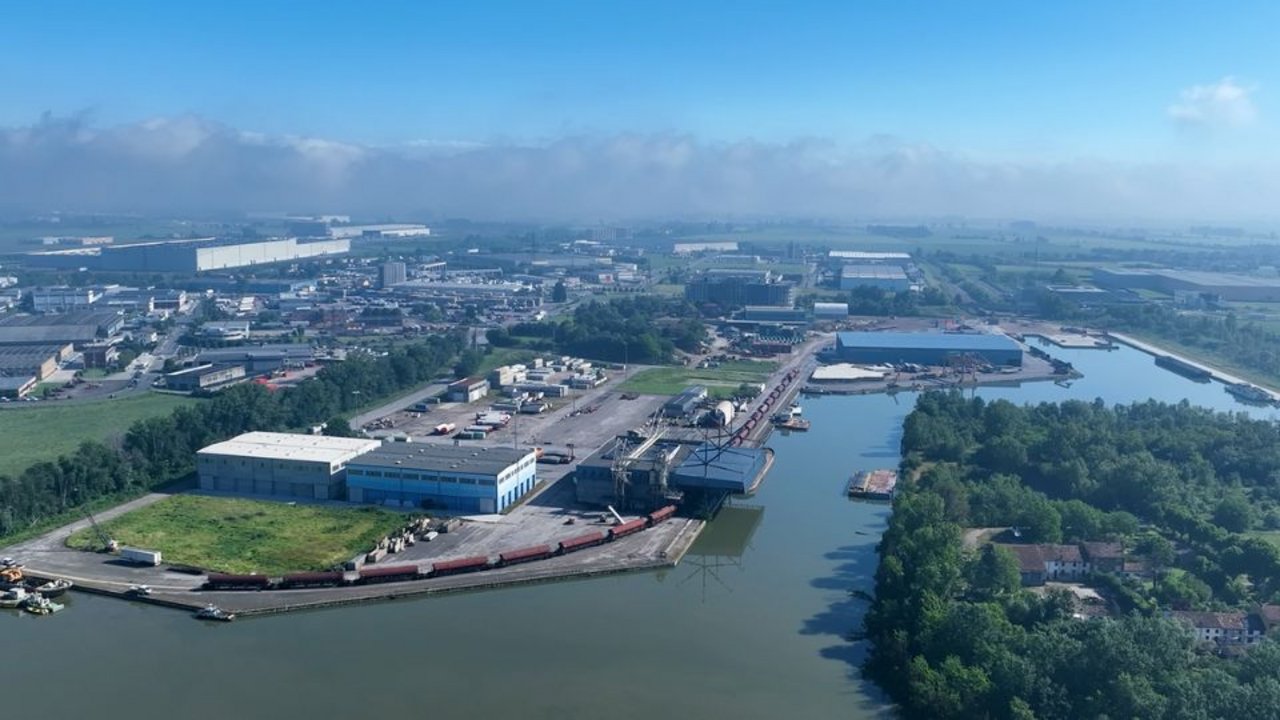HyMantoValley. Politecnico di Milano in Lombardy Hydrogen Valley project
The Politecnico di Milano is one of the partners of the European project Hymantovalley, which aims to create a replicable green ecosystem in the Province of Mantova, based on hydrogen as a clean and sustainable energy carrier.
At the heart of the project is the creation of one of the first Hydrogen Valleys in Europe and Italy. The goal is to develop an integrated model of production, storage, transport and use of hydrogen for multiple applications: from domestic heating to mobility, passing through heavy industry.
The project, 70% co-financed by the European Union through the I3 Interregional Innovation Investment Instrument with a total investment of about 9 million euros, involves 16 partners from 4 European countries: public entities, private entities specialized in energy production and storage, logistics companies, universities, and research centers among the most significant at both Italian and international levels.
Our goal is to define a sustainable urban plan for the Mantova Hydrogen Valley, integrating energy flows, production activities and research facilities.
Carlo Peraboni, head of the Masterplan
We have already undertaken a first acquisition campaign in the area of the Valdaro river port, the nodal logistics point of the hydrogen distribution program, and we plan to expand acquisitions soon on the rest of the Hydrogen Valley with LIDAR, photogrammetric and thermographic acquisition systems.
Luigi Fregonese, coordinatore del team di monitoraggio e rilievo 3D e responsabile scientifico dell’Unesco Research Lab
The Hub dedicated to research will be the beating heart of hydrogen-related innovation, "a place where researchers, students and companies will be able to collaborate to develop innovative solutions for the decarbonisation of our planet". Claudia Tinazzi and Massimo Ferrari will be responsible for the architectural design of the Campus and defining the guidelines to ensure maximum flexibility and adaptation to the needs of those who will settle there, as well as responding to high standards of energy efficiency and sustainability.
The impact of the project
The European HyMantoValley project aims to demonstrate that the decarbonization of the Po Valley, one of the most polluted areas in Europe, is possible through the construction of a replicable green ecosystem, which can serve as a model for other European and Italian realities.

